The first time one has to purchase photography equipment may turn into an overwhelming task. Valuable aids exist to offer beginners some assistance with choosing a camera, yet a couple of newcomers understand that the camera itself is just the first of numerous bits of equipment important to make a full setup for photography. In this article, I will propose a 10-piece kit of photography equipment for beginners.
1) Cameras
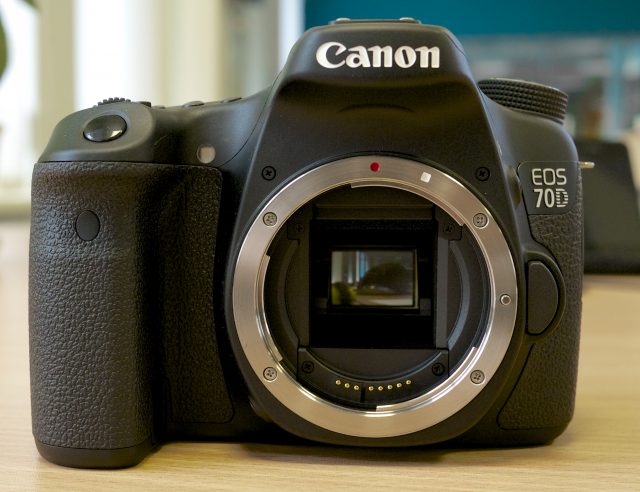
There is such a variety of cameras out there focused on learners that I cannot even keep up.
In all trustworthiness, settle on what you can afford.
A camera has a shorter life cycle than a lens on the condition you preserve it well. What’s more, as I would like to think, all the camera bodies presently accessible are all incredible. There is no bad or faulty choice.
Do your best not to become involved with all the specialized specs, for example, “more megapixels” or “bigger viewfinder” and so on, the camera creators use to tempt you with. So spare some cash and put resources into a camera body that is not the most recent one, and concentrate on putting resources into a lens for your requirement.
One specialized spec that I esteem in today’s cameras is the range of ISO sensitivity.
Essentially, high ISO permits you to take photographs in low light circumstances and this is a profitable thing because it increases the circumstances of where and when we can take photographs.
Recommendation:
I would recommend beginners to check out the Canon EOS 70D digital camera.
2) Lenses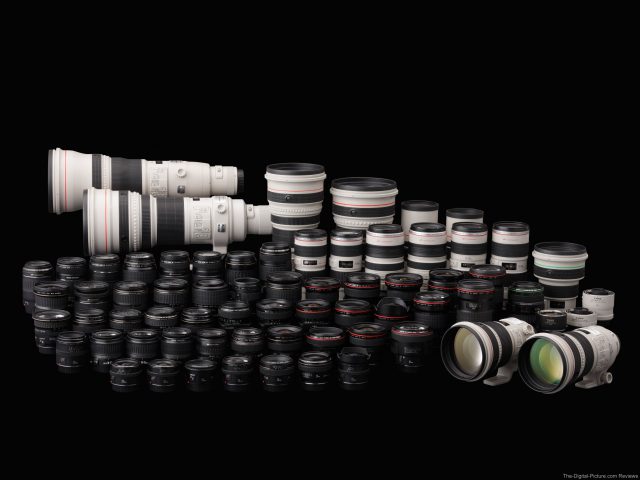
Though a camera sensor will record the light that it gets, a lens’ employment is considerably more important: it offers the light some help with getting to the sensor.
Lenses range from the “free” ones to the more costly ones. As an amateur, it can be hard to figure out which lenses are justified regardless of their asking cost, particularly on the off chance that you have no former information on which lenses even exist. This is the reason why you should not simply buy the first lens you find, but rather take your time and gather more information about this subject.
Recommendation:
My recommended lens for beginners is the Sigma 17-50mm, f/2.8, Also, Canon 50mm F/1.8 is a great starting lens & inexpensive too.
3) Flashes
What will enhance your photography is the light being utilized as a part of the picture.
The light enlightens your subject or scene in the first place, then the nature of the lens catches the light, and then the camera body records the light going through the lens.
Recommendation:
My recommendation for a good starting flash is the Speedlite 270EX II Flash.
4) Diffusers
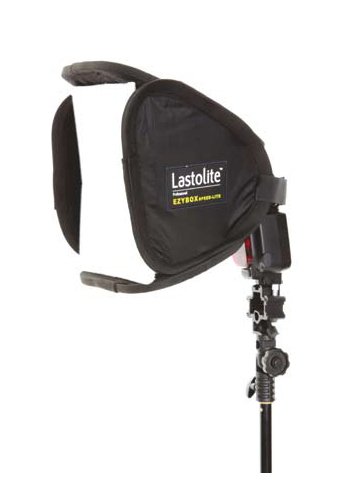
Portraits look best when the light is diminished up a bit.
Because of this fact, most flashes accompany a little thing that fits on the highest point of your flash. This diminishes up the light and also spreads it out. If your camera does not have a flash diffuser, you should choose one that would suit your photography requirements.
Recommendation:
My recommendation for diffusers is the Lastolite EzyBox Speedlite model. It is quite effective for a price of about $75.
Read here my article about what is the use of a flash diffuser.
5) Tripod
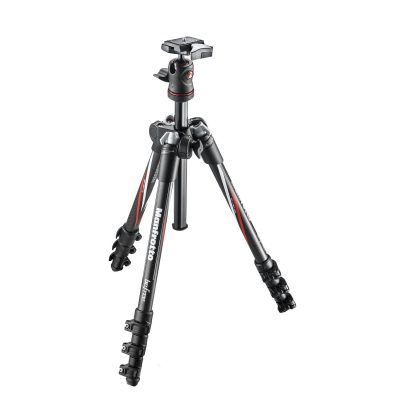
Is it true that you could be shooting with a long lens or maybe in low light? Do you have to support light modifiers or flashes?
You need support for your gear and, furthermore, this will make a difference in your photos. This is the balance that makes a difference between getting the right shot and not.
Recommendation:
My advice for beginners is to start with the Manfrotto BeFree Compact Travel Carbon Fiber Tripod
If you want a more professional tripod you can check here my review of Manfrotto 190 the best digital camera tripod.
6) Memory Cards
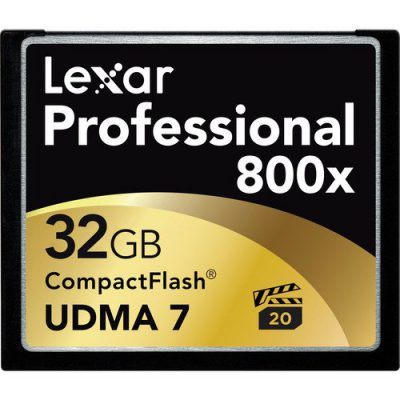
Format the card before you use it and even convey two or three extras.
If you depend singularly on one card, the whole shoot’s pictures might be unrecoverable. If you spread out over a couple of cards, you will minimize this danger.
Recommendation:
The CompactFlash Memory Card from Lexar highlights a 32GB storage limit ideal for putting away huge records including top-notch photographs, 1080p Full-HD, 4K, 3D, and video.
You also can read my article about Canon camera memory card & how to choose them.
7) Batteries
As a beginner, you need to know that you should always have spare batteries for your camera with you and guarantee they are all charged.
Also, ensure you have spare batteries for the flashes and all other hardware that may be electronically fueled. If you do not have them, your entire shooting session may end abruptly.
Recommendation:
In case you choose the Canon camera mentioned above, I would recommend the BM Premium 2-Pack, LP-E6 and LP-E6N Batteries for Canon.
8) Filters
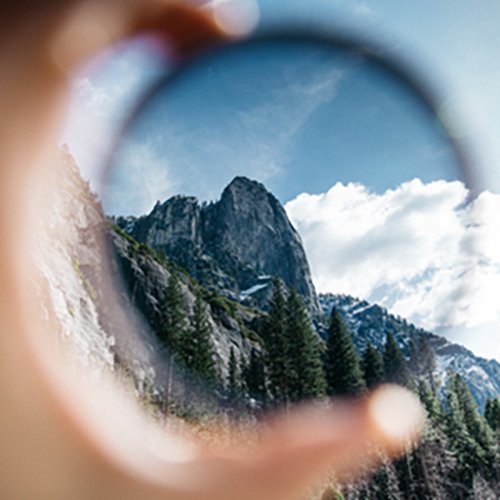
Filters are another vital component of the photography equipment kit. With computerized cameras, just a couple of filters are even vital in any case, yet a few filters cannot be reproduced in post-processing.
The absolute most helpful filter for photography is the polarizer. Much the same as polarized sunglasses, the filters can help you cut glare from glossy surfaces, or they can obscure skies. Also, they make pictures look more energetic and saturated.
Recommendation:
My unbiased recommendation here is for beginners to start with theTiffen Polarizing Filter It is about $37 and is more than enough for beginners to test.
9) Cleaning Equipment
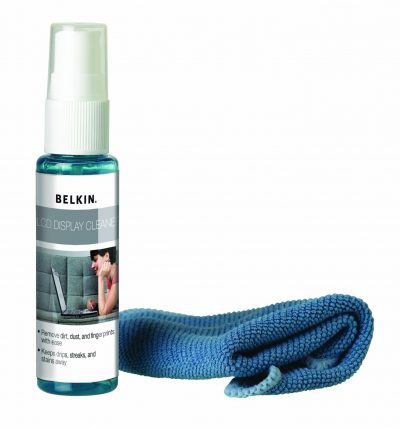
Continuously have several lens fabrics in your unit pack to clean undesirable dust gathering on the front component. Dust could ruin a beautiful photo.
Recommendation:
The Belkin Cleaning Kit is no more than $10.
Read here my post about how to clean your camera lens.
10) Photo Editing Tools
There is a ton of rivalry for programming that processes pictures, with the two most well-known alternatives being Capture One Pro and Adobe Lightroom. These two projects are comparative — they both permit you to sort out and alter your photographs — however, Lightroom is far less costly.
My Recommendation:
I would recommend beginners to check out Lightroom 5.
See here my review of Lightroom 5 the best photo editing program.
One Final Opinion
If you purchase the things above, you really could go for a considerable length of time without requiring any more photography equipment for beginners. What’s more, when you do choose to purchase more equipment, these things are good enough that you can keep them around for quite a while.
Thanks for reading, I hope you enjoyed the article if you have any questions just post below & I will be happy to answer you.
If you enjoy the site, don’t forget to subscribe, we will only inform you when a new article is posted.

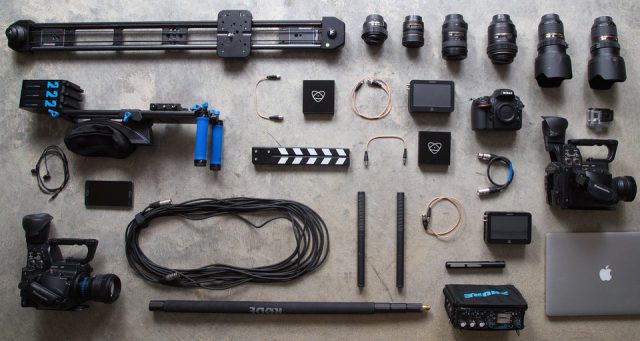


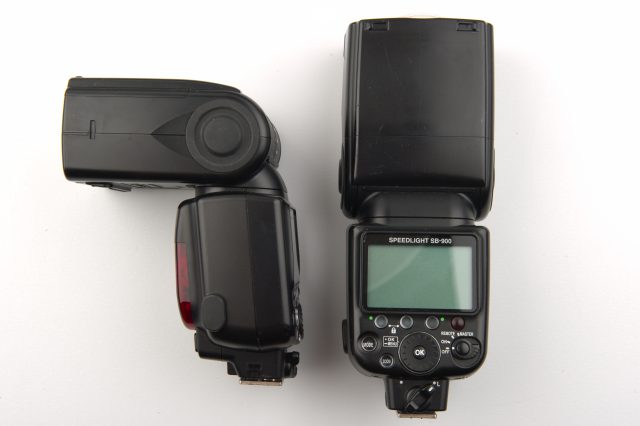
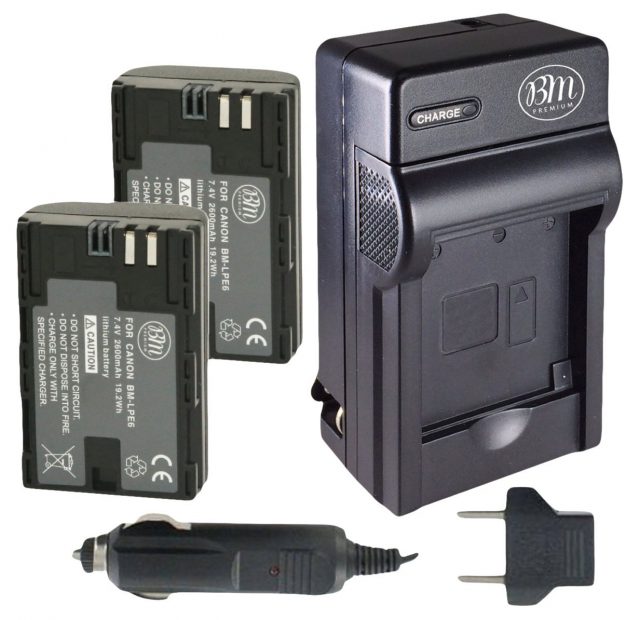
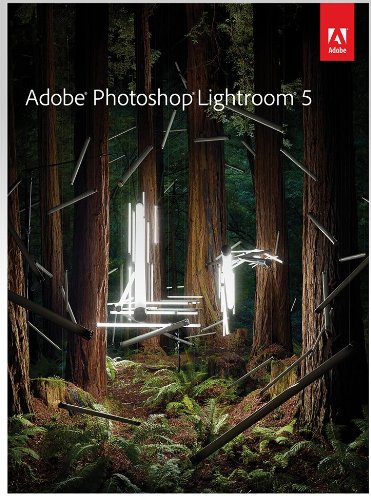


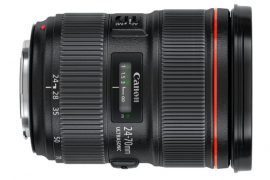
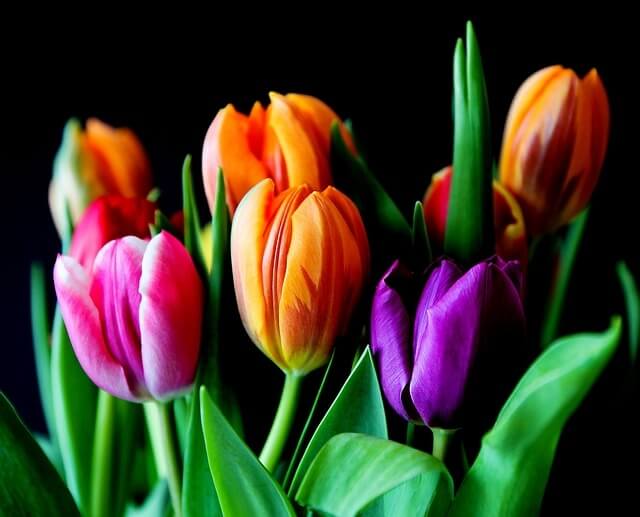

Hello Ehab. I would just like to say that your guide on what to purchase as a beginner was awesome. I have hesitated to get started because I was never quite sure what to buy. Now I know! Very well laid out and easy to understand. Thank you for sharing!
Thanks, Wendy, glad to help.
Whooa, man. You really know your cameras. You make a good point about going for the cameras you can afford. I have been up and down with purchasing cameras and this guide really makes me feel more educated about what camera to get next. I like to record videos but I keep falling for camcorders.. would a canon looking model be best for videos and pictures.. since I like to take quality pictures too? Plus.. why is my iPhone such better quality than my 500 dollar sony hd 9.2 mega pixel handycam? It drives me nuts.. is it that I don’t have the flash or lens?
Thanks Billy for your comment, I understand your issue this is one of the disadvantages of the popularity of the smartphones which affect the sales of the compact cameras, I think the smartphone is a good choice if you like capturing fast moments & share always the pictures with your friends, but if you love photography & like to capture special photos & enjoy playing with the shutter speed & the aperture I suggest to you buying a DSLR camera as in my point of view the compact cameras will not satisfy you with it’s results as the smartphones cameras bring great photos which seem to be nearly like the compact cameras photos.
I had thought for a while that I might get into photography and what do I come across? Your article on the basic photo equipment a beginner needs. It really was just what I needed because now I can get an idea of how much everything would cost to get set up. I really liked that you gave some thoughts on exactly what products to start out with (honestly there are jus so many to choose from)
I was also thinking of taking a beginners class locally and wondered if all of the equipment you mentioned in the article would be needed right away? I don’t think my budget will be so willing to comply.
Hello Debra, Thanks for dropping by my website, glad that you like the post, actually, it’s not a must to have all these equipment you can start with a camera body & one lens and then go deep in the basics of photography, You can check here my Photography course & then take your photography to the next level by buying some filters & tripod, etc..
This was very helpful! As a lover of nature, I’m constantly on the lookout for beautiful animal scenes, and as I live in the suburbia, plenty of deer, squirrels, cats, vultures, turkey and the like cross my path. I’ve witnessed some cute moments, and I’ve always dreamed of one time starting to actually photograph them, but I didn’t know where to start!
Thanks, Ben, starts are always difficult just take action & you will find your way easily,& if you have any questions i am always here to help, which you the best with your photography journey.
Photography is a hobby of mine I enjoy a lot. I haven’t gotten too fancy with it, but I always want to photograph more often.
I appreciate this post because whenever I think about expanding my equipment, I get so overwhelmed! Lenses especially can be overwhelming, so thank you for making specific recommendations. I’m also interested in one of the tripods you suggest. I feel less intimidated now. Thanks!
Hello Samantha, thanks for commenting here, glad that you liked the post, wish you all the best with your choices.